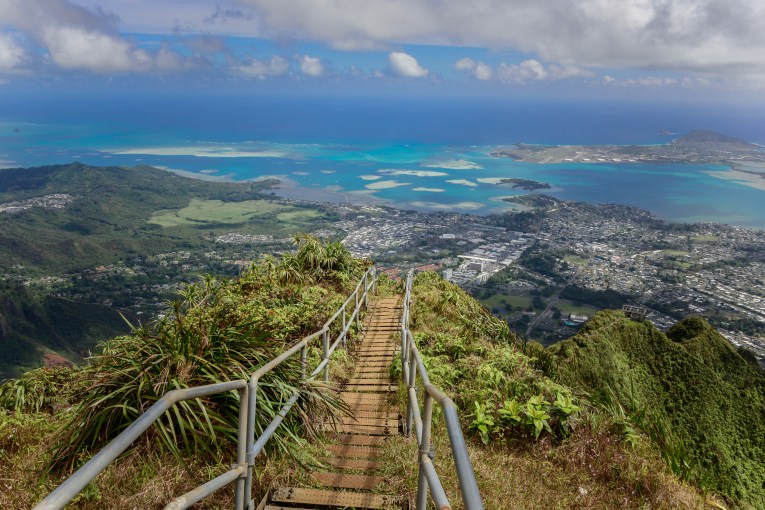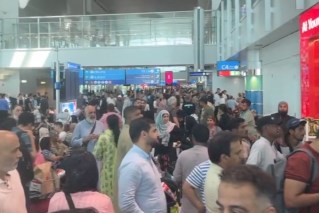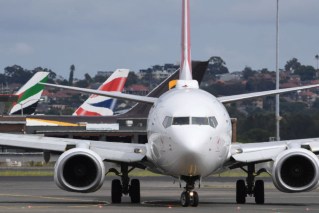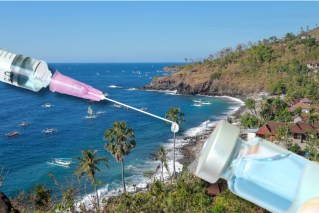Coronavirus vaccine passports: What Air New Zealand’s digital travel pass trial means

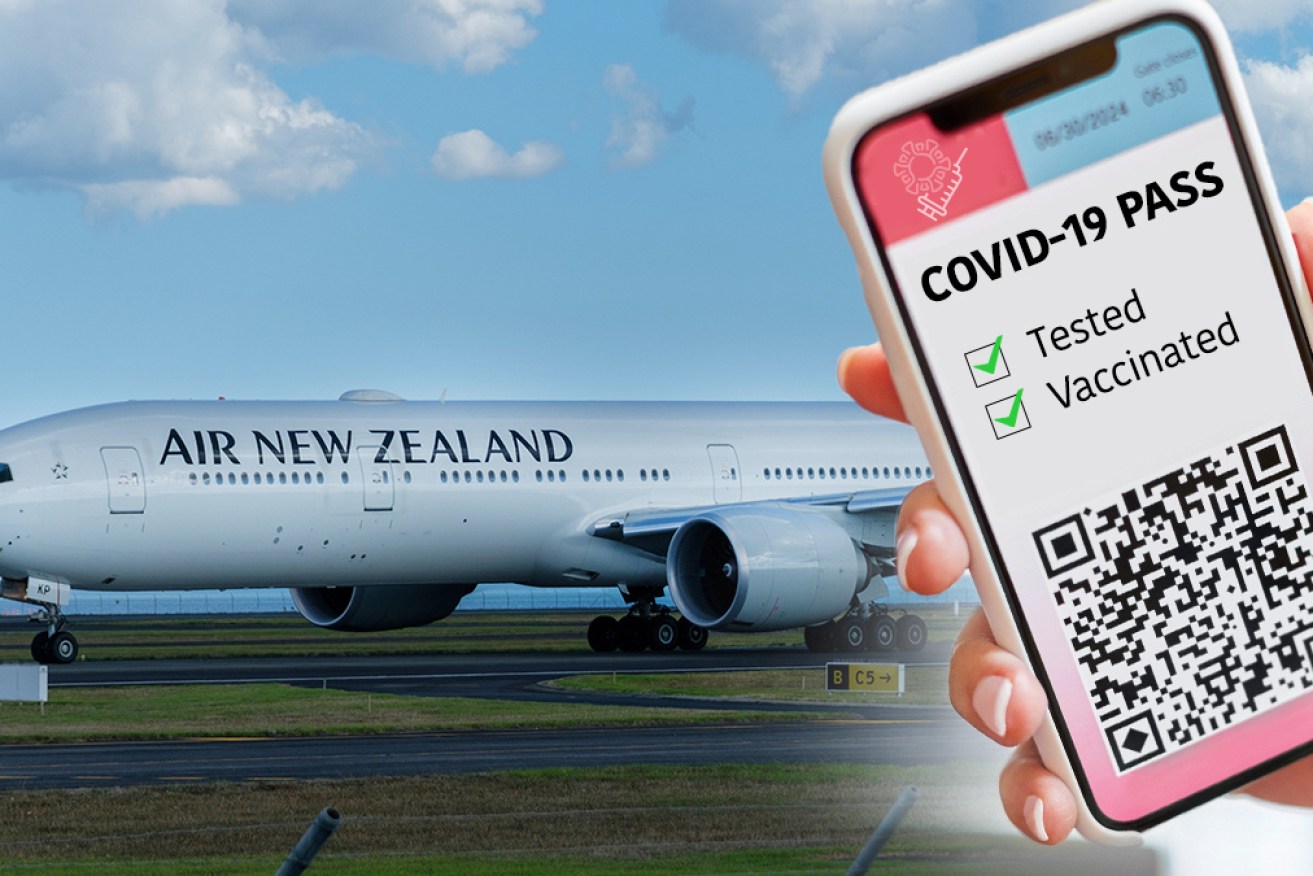
Air New Zealand will trial a 'digital health certificate' on its Auckland-Sydney route in April.
A ‘global digital travel pass’ for passengers and staff is being pitched as the travel industry’s way out of the coronavirus pandemic, so what does it mean for Australia?
Air New Zealand this week announced it would trial a digital health certificate to verify that travellers have been vaccinated for or tested negative to COVID-19 on its Auckland-Sydney route in April.
The Travel Pass app is designed to ‘‘get people moving safely across the globe again’’, Air NZ said, and was developed by powerful aviation industry body the International Air Transport Association (IATA).
“Air New Zealand’s trial of IATA Travel Pass will help give governments the confidence to reopen borders and passengers the confidence to travel,” IATA senior vice president Nick Careen said.
“The app has been developed with the highest levels of data privacy and security, so passengers always remain in control of their COVID-19 health information.”
The World Health Organisation is also working with tech-forward nation Estonia to develop globally-recognised digital or ‘smart’ vaccine certificates.

Travellers on Air New Zealand flights will be invited to use the app on flights in April.
Estonia will try to create a digital version of an existing global paper-based approval system for yellow fever vaccinations that have long been required for travellers entering Australia from at-risk countries.
Earlier this month Government Services Minister Stuart Robert announced plans for ‘vaccination certificates’ to be available through the MyGov website and Medicare phone app.
Air New Zealand said it was having conversations with government agencies about options for validation of testing and vaccination.
“Once borders reopen, travel is going to look very different, with customers’ health data needing to be verified at check-in,” the airline’s chief digital officer Jennifer Sepull said.
It’s essentially like having a digital health certificate that can be easily and securely shared with airlines.
“This will give customers peace of mind that they meet all travel requirements for the different countries around the world before they even get to the airport.
Having “all your health credentials digitally in one place” will both “speed up the check-in process but unlock the potential for contactless travel,” Ms Sepull said.
Monash University director of graduate tourism Jeff Jarvis said there are still many unknowns when it comes to the resumption of global travel.
“The tourism industry, particularly international tourism, has been decimated by COVID and, of course, the industry is looking at various ways to try to allow the demand to come back,” Dr Jarvis said.
The key ‘known unknown’ is whether coronavirus vaccines effectively halt or reduce transmission of the virus “because that really opens up the opportunity for tourism industry to come back”, Dr Jarvis said.
“What that then means is it’s far more likely that governments will open the borders,” he said.
Whether governments will “require vaccinations for them to let you in the country” is the second ‘known unknown’, Dr Jarvis said.
Parts of the airline industry are lobbying strongly for pre-flight testing over vaccinations.
However, the case of Greek tennis player Michail Pervolarakis, who left Australia after testing negative only to arrive at his destination and test positive, highlights the issue with pre-flight testing, Dr Jarvis said.

Michail Pervolarakis tested positive after flying from Australia. Photo: Getty
Then there is the question of whether travellers will be forced to undergo quarantine.
“At the moment, some countries in Europe will give you free access if you go from Australia to parts of Europe. But if you come from higher-risk countries, you will have to go into quarantine,” Dr Jarvis said.
The future of ‘travel bubbles’ and ‘corridors’ is also is still up in the air.
“There has been a lot of talk about this, but there’s only been a couple of successful examples around the world,” Dr Jarvis said.
